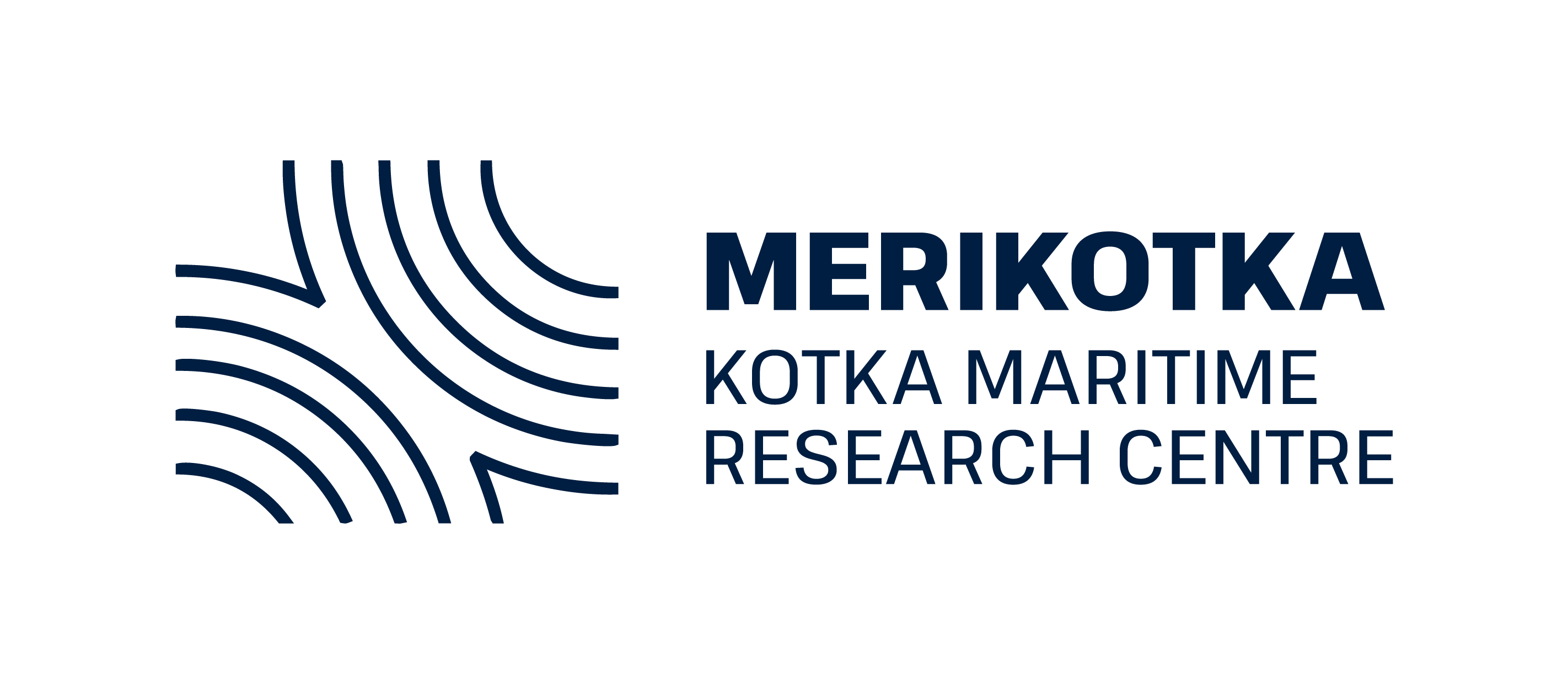Who are we?
On a rainy Monday in November, 29 persons from Merikotka network got together onboard M/S Viking XPRS to cross the Gulf of Finland and get to know each other and our research topics.
Many new persons have recently joined the network, and several researchers had wished for a chance to meet the others. By using a scheduled five-minute presentation template, all participants were able to describe who they are, what they are doing and how they would like to collaborate.
The day was intense and full of information. However, I felt that the gathering was very successful. In addition to meeting many new people myself, I was deeply impressed by the broad expertise Merikotka network contains. The research teams include engineers, social scientists, safety researchers, marine biologists, geographers, master mariners and fisheries scientists, for example. There are persons with several years of industry experience, recently graduated young scientists, distinguished academics, students, and project management & funding professionals. Experts on maritime transport and marine environment are accompanied by specialists applying methods or knowledge from other fields to the maritime problems.
Also, practical experience in areas such as leisure boating, road traffic, journalism and educational material can be found within Merikotka. And talk about the connections and networks of this international group of experts! I would argue that with all of this expertise and contacts, Merikotka could provide science-based information to support almost any maritime traffic related challenge or decision problem.
The mission of Merikotka is to conduct research for sustainable maritime transport. Solving maritime transport related research questions typically requires that multiple disciplines and experts are working together. However, interdisciplinary collaboration does not just happen but it needs common goals, good communication and motivation to solve the problem together.
In the researcher meeting, it was fascinating to observe how in the beginning the discussion was done in groups consisting of people from the same university or otherwise already familiar with each other, but as the day and presentations progressed, mingling with new people started to happen and new collaboration ideas popped up. Connections based on mutual methodology were also made: a person looking for guidance on Markov Chain Monte Carlo simulation found someone who was able to help, and Bayesian network literature tips were shared to those asking for them. I have been happy to hear that the participants found the day useful and it has already resulted in new meetings.
I believe that the researcher meeting was small but significant step towards strengthening the interdisciplinary research and collaboration. This is a good basis on which to proceed!
Maria Hänninen
Research Director at Merikotka (Kotka Maritime Research Centre)



